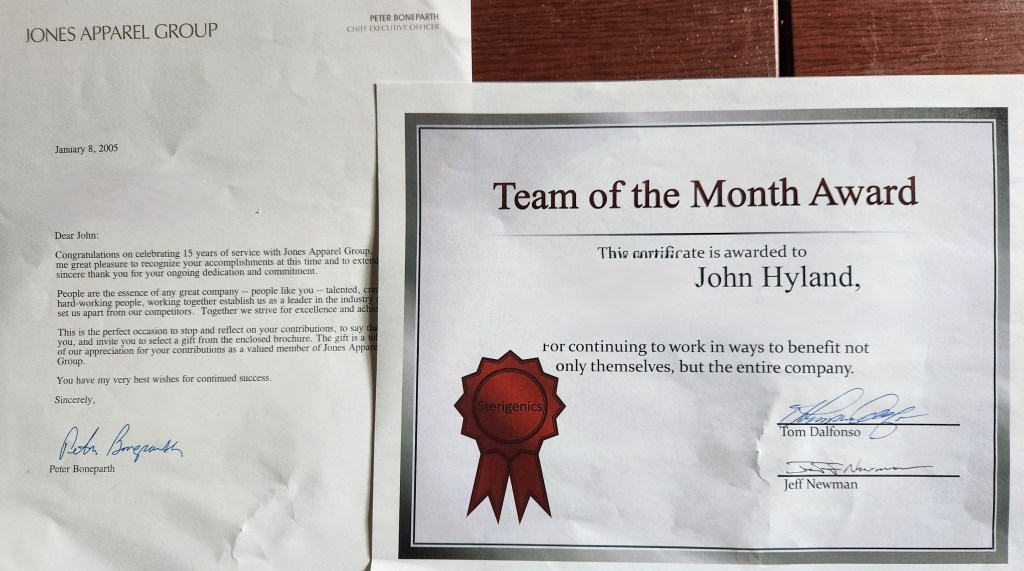“In active contemplation, a person becomes able to live with themselves. They learn to be at home with their own thoughts. They become, to a greater and greater degree, independent of exterior supports. Their mind is pacified not by passive dependence on things outside themselves–diversions, entertainments, conversations, business–but by their own constructive activity…thinking their own thoughts, reaching their own conclusions, looking at their own life and directing it in accordance with their own inner truth.”
–Thomas Merton, from his book, “The Inner Experience.”
Time has a way of catching up with us, and recently it seems that outcomes from actions arrive quicker than in previous years. I seem to notice even more now how the influence of my personal life on the world around me has receded, while the rest of the world surges ahead with a vengeance.
The passage of time for me personally appears to be accelerating, and depending on the circumstances, I have begun to view my own personal history with the eyes of someone with a limited amount of time remaining to observe anything at all. In reviewing the losses I’ve experienced over the entirety of the seventy plus years of my life, they continue to inform me about how everything eventually concludes in every life lived, and it gives me pause when I consider how my own life now seems closer to its own conclusion.

I’ve never really been one to suppose that my life compares in any meaningful way to those who came before me, except perhaps as I am able to draw lines between the peculiarities of my story with those of others. Many of the individuals I’ve admired for one reason or another—artists, writers, poets, philosophers, scientists, and public figures of every sort—so many who enjoyed tremendous success and fame, ended up being revealed as seriously flawed or otherwise not-so-admirable, giving me good cause to be grateful that my own life has been one of relative obscurity, and near invisibility to the world-at-large.

In retrospect, my life has held numerous moments of individual success and achievement, in a variety of circumstances, which may not qualify as comparable in the grand scheme of things, but my immediate ambitions have never really risen beyond my limited personal circumstances. I was glad whenever my efforts were successful in maintaining the well-being of my family, and I took great solace in being able to live well enough to pursue even those limited goals.

My work history is replete with efforts that eventually produced the necessary progression required in order to accomplish whatever assignment I was given, and periodically, I would even receive recognition for arriving at a particular level of accomplishment. Generally, I was able to produce the results which were needed at the time, and was able to effectively encourage others to assist me in those efforts. I remain hopeful that it may yet, one day, become apparent that my contributions, however minor, might eventually bear fruit at some point.

Each of us carries within us, many potentialities. They come in all different forms and are imbued with varying degrees of intensity and strength. From these bundles of potentiality, we select our most potent candidates by our estimation of how they might serve our intentions and goals, but also, often times, by how they may fulfill our heart’s desires, or nurture the blossoming within us.
One of my favorite quotations comes from The Cottage Gardener by Elizabeth Hardy (1794-1854)
“Let us tend lovingly the garden of the soil, but let us tend with far deeper earnestness, the garden of the heart.”



The world does indeed recede and the time comes when one wonders how one functioned at all in the maelstrom of life. As Merton so aptly describes, the more one goes within, the more the normal world vanishes. I am not much concerned for the small legacy of my even smaller life. I think all that matters is that one attempts to do no harm, since no amount of doing good is likely to make much impression in the world of doing. And if you write, as Merton did, perhaps that is mark enough. Perhaps that is good enough. To encourage inner thought, to encourage the realisation that the external world and earthly pursuits are not what it is all about. Those are me feelings, anyway!
As noted by Stoic philosopher Zeno of Citium, “Well-being is realized in small steps, but is truly no small thing.”
In my view, we cannot be satisfied only to simply “do no harm,” although it is a worthy tenet of a broader approach to “the world of doing.” Our small legacies and even smaller lives in combination with others may eventually “make an impression,” and in my experience, many small efforts or steps can actually add up to something more useful in the long term. As an obscure author of blog posts among the millions of blogs on this platform, my expectations with regard to producing something that might qualify as “mark enough,” are limited at best, but as one voice among the many hundreds of individuals writing about the value of “encouraging inner thought,” and expressing the need for realizing that the “external world and earthly pursuits,” fall far short of expressing what it is all about, may indeed eventually combine to forge a greater awareness of what it IS all about.
Author (The Fault in Our Stars) John Green reminds us that “The marks humans leave are too often scars.” Even in this regard, the presence of a scar on our own bodies can be a stark reminder of what we may wish to avoid in the future, but it is generally considered less preferable as a means of making an impression. Would that we could all become wise without ever having to incur scars!
Elizabeth Hardy’s encouragement to tend to our hearts (inner thoughts) with “far deeper earnestness,” than that of the soil, (earthly pursuits) feels right to me, and helps me to be a bit more optimistic that there is some value in sharing my views.